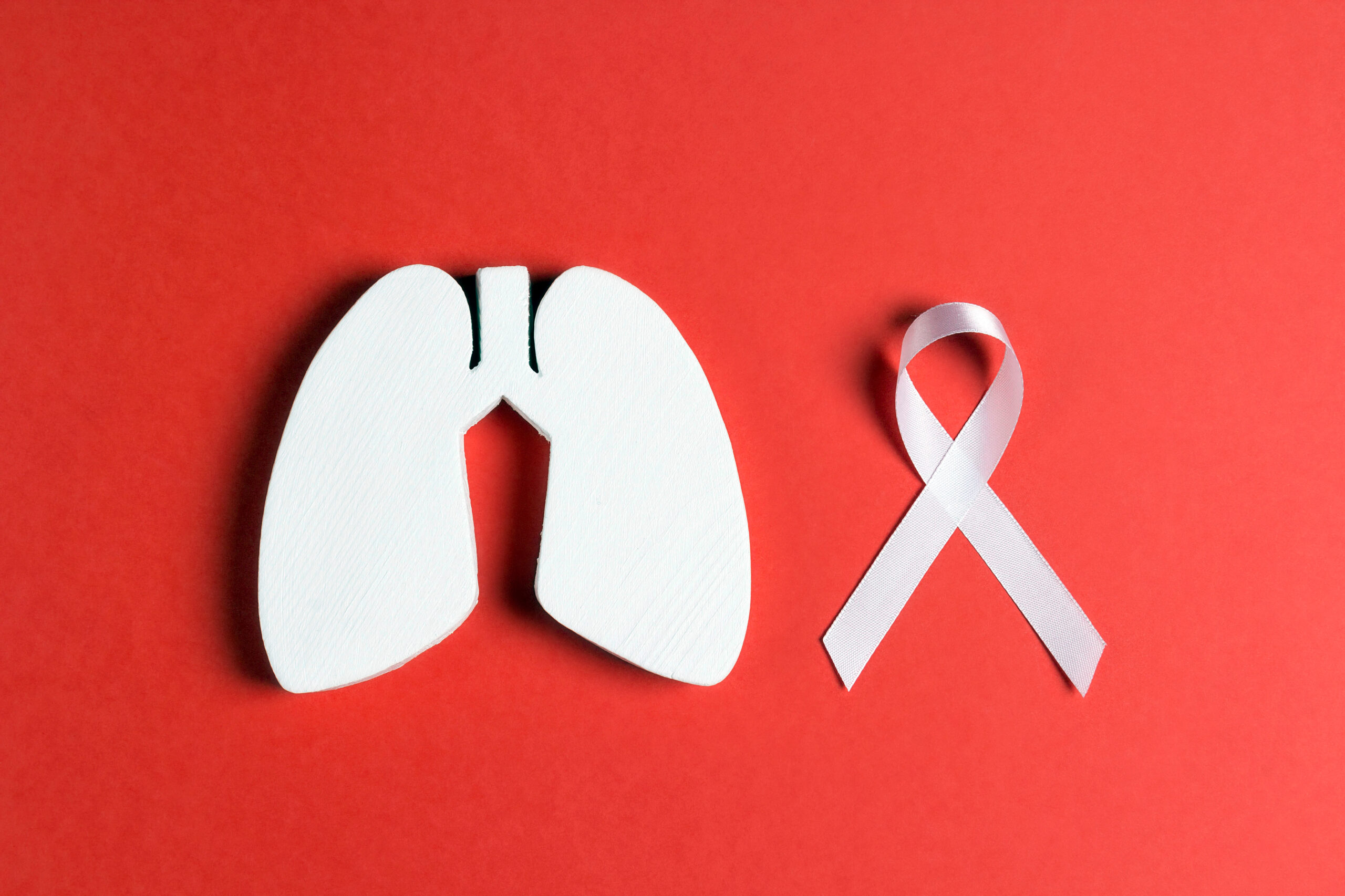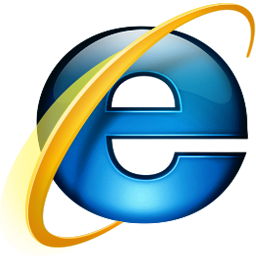
2022
November is Lung Cancer Awareness Month. This vital time of year draws attention to lung cancer and lung cancer screenings. Here’s what you need to know about a lung cancer screening.
Who Should Get a Screen for Lung Cancer?
Lung cancer is a substantial health problem in the United States. When lung cancer is detected early, there are many ways that you can treat it. But it can be hard to know if you have lung cancer because you may not have symptoms until the late stages. That is why a lung cancer screening is so important.
November is Lung Cancer Awareness Month. This vital time of year draws attention to lung cancer and lung cancer screenings. Here’s what you need to know about a lung cancer screening.
What Is a Lung Cancer Screening?
A lung cancer screening tests your body for lung cancer using a special type of x-ray study. You do not have to have any symptoms of lung cancer to get a screening. A lung cancer screening aims to find very small or early lung cancers. This way, you have a much higher chance of curing your lung cancer.
How Common Is Lung Cancer?
Lung cancer is a very common type of cancer in the United States. Lung cancer is also the most deadly cancer in the United States. It takes more lives every year than colon, prostate, or breast cancer combined.
Why Lung Cancer Screenings Are Important
Lung cancer screenings are essential because they can find lung cancer before you ever have any symptoms. You can treat early cancer before it has a chance to spread to other places in your body and cause more problems. A lung cancer screening is a simple way to help keep you healthy. It is like other types of screening tests, like a breast cancer screening with a mammogram.
Who Should Consider Getting a Lung Cancer Screening?
A lung cancer screening is a quick and easy tool to screen for cancer. You may think that everyone should get a lung cancer screening. But, lung cancer screening does include a low dose of radiation and other risks. This is why doctors do not recommend that everyone get the test. Only healthy people with certain risk factors for lung cancer should get screened.
Doctors recommend lung cancer screenings for the following groups of people:
- People who are age 50 and older who are current smokers.
- People who are age 50 and older who are former smokers.
- People who have been smoking a lot for 20 pack years or longer. A “pack year” is a way of measuring how much you smoke. Pack years are the number of years you have smoked times the number of packs per day that you smoke. A person who has smoked a pack and a half per day for 25 years has a 1.5 times 25, or “37.5 pack year,” history of smoking. Because 37.5 is greater than 20, they should consider lung cancer screening even if they are younger than age 50.
- People with a history of lung cancer.
- Former smokers who have smoked a lot within the past 15 years.
- People who have other lung cancer risk factors. This includes a family history of lung cancer or certain workplace exposures.
Doctors recommend getting screened for lung cancer every year if you are in one of these groups. This screening should continue until age 80. You may also decide with your doctor to stop screening before then.
How Lung Cancer Screenings Happen
Lung cancer screening uses a special test. It is a low-dose computed tomography (CT) scan. You should ensure you feel well when you get your lung cancer screening. If you have an infection, it can be more difficult to interpret your screening. During your screening, you will lie flat on your back on a long table. You will remove all jewelry or other metal items. These can also make it more difficult to interpret your screening. You will slide into a machine and hear some clicking sounds. The scan takes less than a minute.
After your scan, you can immediately go back to your normal day. A specialized doctor will read your scan. The results will be ready when you follow up with your doctor.
How to Get a Lung Cancer Screening
A lung cancer screening can save your life or the life of a loved one. Contact us today to learn more.
 Did you know that your IE browser is outdated?
Did you know that your IE browser is outdated?





